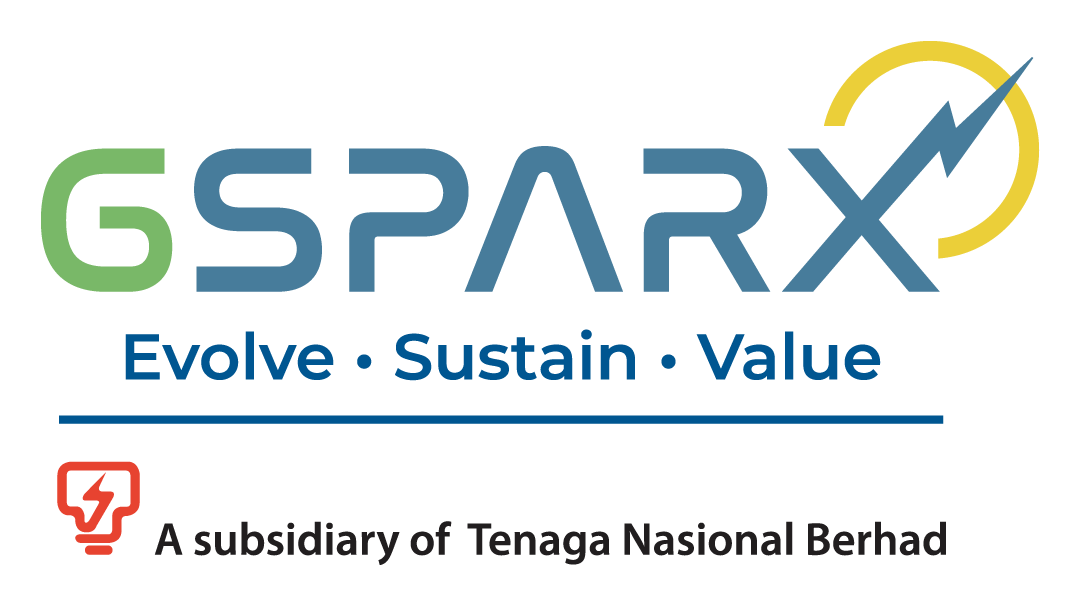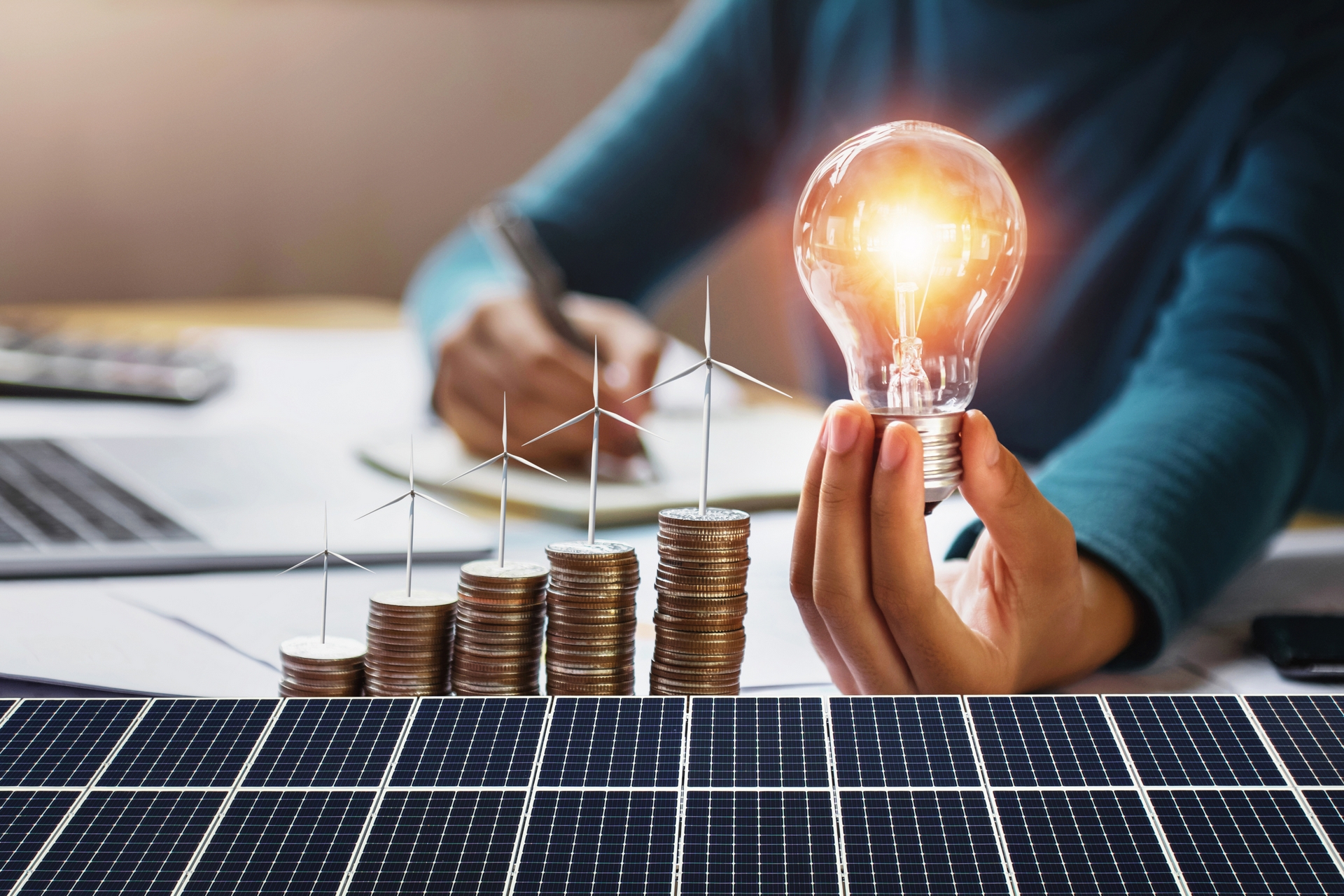There are a few reasons solar power systems are better than conventional electricity sources. The first and most obvious would be that it is environmentally friendly. Solar energy does not emit toxic substances that contaminate the air and water or generate waste.
Solar power is also inexhaustible. In comparison to conventional energy sources, solar power systems are scalable which means they can be adjusted to meet a wide range of energy needs. It can be installed on individual homes, businesses or even large-scale manufacturing factories. This makes solar power systems a versatile source that can be used in a variety of applications.
With that being said, there are multiple solar power systems, specifically photovoltaic (PV) systems that can be installed depending on your property size and energy consumption.
On-grid solar power systems
Solar power systems that are connected to the local utility grid are referred to as on-grid or grid-tied systems. The electricity produced by these systems is intended to be exported back to the utility grid should your PV system produce any excess during the day. This implies that you can still use grid power during times your solar panels are not producing enough energy, like at night.
Off-grid solar power systems
Off-grid solar power systems, usually referred to as standalone solar systems, are not linked to the electricity grid. These systems are made to produce and store enough electricity to satisfy your energy needs without relying on the grid. Off-grid solar power systems often need energy storage such as batteries to guarantee supply even when the sun isn't shining.
Hybrid solar power systems
The characteristics of on-grid and off-grid solar power systems are combined in hybrid solar power systems, also referred to as grid-interactive solar systems. Although they are built to produce and store electricity, they are also connected to the neighbourhood utility grid to offer backup power when required. Batteries or other forms of energy storage are frequently used in hybrid solar power systems to temporarily store extra energy produced by solar panels.
The main advantage of using these PV systems is that it reduces your reliance on the grid, meaning less electricity costs. There is also the possibility to sell excess energy produced to Tenaga Nasional Berhad (TNB). How awesome is that?
GSPARX, a subsidiary of TNB are experts when it comes to everything solar. With years of experience under our belt, you can rest assured knowing you are in safe hands when it comes to your PV needs.
We are also here to help you throughout the whole process, from initial consultation and installation to monitoring and maintaining your PV systems. Deciding to go green has never been easier with our end-to-end services.
Save on your TNB bill and go green at the same time with GSPARX. We are committed to delivering sustainable energy and offering the latest technology to produce greener and cleaner energy. GSPARX is here to provide you with the highest quality and standard for your solar solutions.
Among the benefits of contracting GSPARX is that we have multiple financial options to suit you. Be a proud owner of a PV system through a one-off online transfer or zero-interest credit card instalment for up to 36 months. You can also opt for a personal loan or obtain solar financing from banks with up to a 10-year tenure.
It is time to start saving on your electricity bill.
For more information on how you can convert to PV systems, click here.

